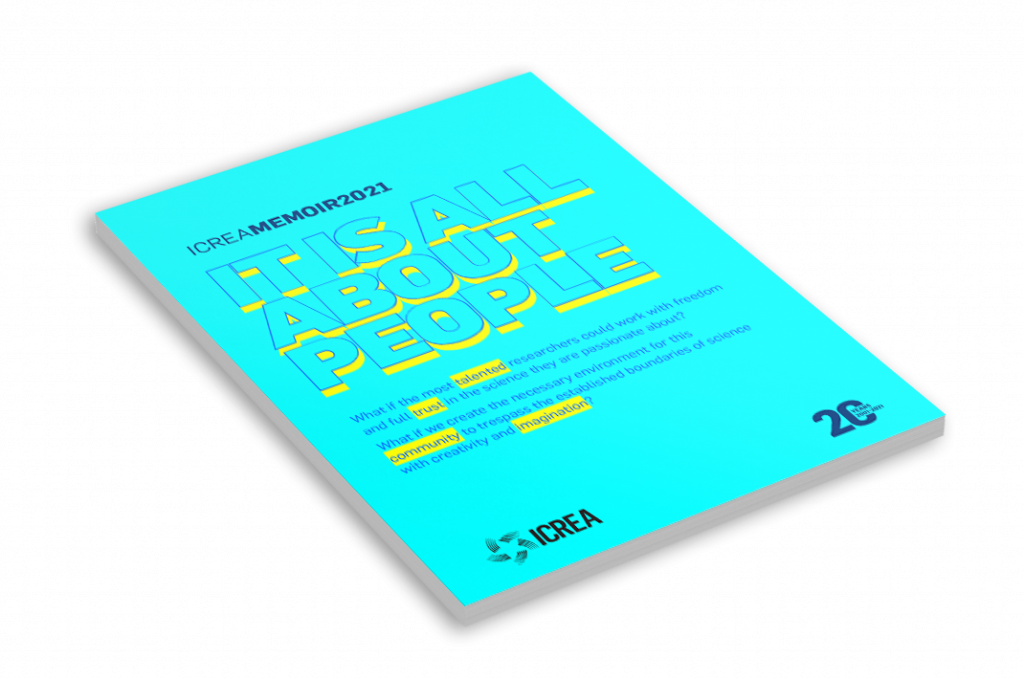Most mutations detected in cancer genes in cancer patients are of uncertain significance. Knowing which mutations are responsible for the development of a tumor (drivers) is key to select the best way to target it. Although impressive strides have been made in the identification of the genes that when mutated contribute to tumor emergence and growth, recognizing the specific driver mutations in these genes is still far from resolved.
We reasoned that the mutations identified in thousands of patients in cancer genes may be used to solve this problem. We derived 185 machine learning models inspired in evolutionary biology to identify which mutations in each cancer gene are able to drive tumorigenesis in different cancer types. We showed that these models can effectively identify driver mutations. Applying them to all possible mutations in these cancer genes we have generated driver potential blueprints available at intogen.org/boostdm (see Figure).
These models, named collectively BoostDM, help to interpret variants of uncertain significance in a clinical setting. The incorporation of boostDM models to our Cancer Genome Interpreter (cancergenomeinterpreter.org) system improves the interpretation of the mutations detected in a patient’s tumor. For more on boostDM, see nature.com/articles/s41586-021-03771-1 and youtube.com/watch?v=1Nq_rm_yudk&t=29s.

